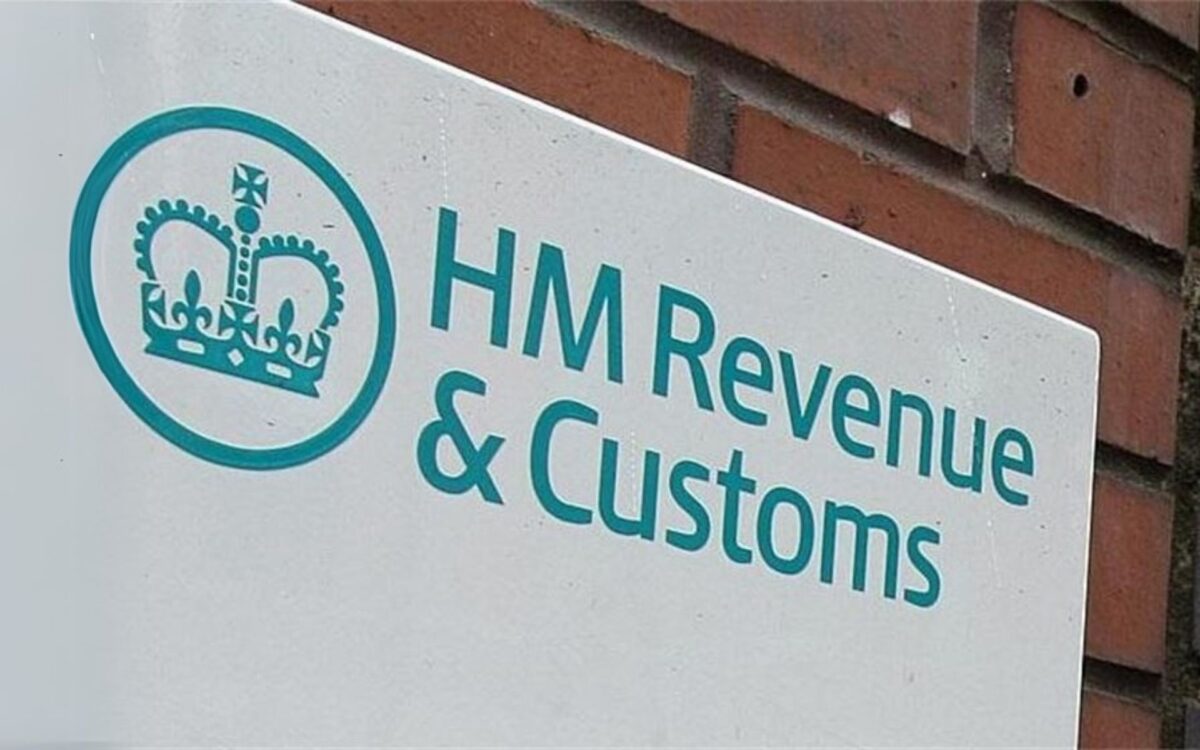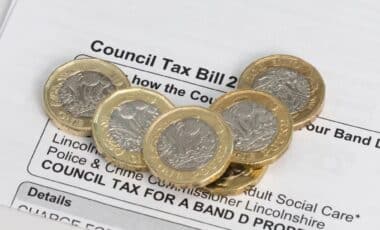The clock is ticking for millions of Britons as the deadline to file Self Assessment tax returns approaches. Missing this key date could lead to automatic fines and further financial consequences. Experts warn that failing to act in time could result in escalating penalties and even damage to professional reputations.
Looming Penalties for Late Submissions
The January 31 deadline is fast approaching, leaving taxpayers with limited time to act. Understanding the financial and legal implications of missing this crucial date is essential to avoid escalating penalties.
What Penalties Apply and When
Filing a tax return late results in an automatic £100 penalty, regardless of whether tax is owed. However, the costs don’t stop there:
- After three months, daily penalties of £10 (up to £900) are applied.
- After six months, additional fines of 5% of the tax owed or £300 (whichever is greater) are charged.
- At 12 months, another round of the same penalties is imposed.
Missing the payment deadline also incurs interest on unpaid amounts and additional penalties of 5% on overdue tax after 30 days, six months, and 12 months.
Consequences Beyond Fines
Persistent non-compliance can have broader repercussions. HMRC may employ debt collection agencies or seek County Court Judgments (CCJs), which can severely affect an individual’s credit score and professional standing. For directors or professionals in regulated sectors, a CCJ may hinder career prospects.
Common Filing Errors and Misconceptions
Taxpayers often misunderstand their obligations or rush to meet the deadline, leading to costly errors. Taking time to understand common mistakes and misconceptions can help ensure accurate submissions.
Frequent Mistakes in Tax Returns
According to Daniel McAfee, Head of Legal Operations at Lawhive, many taxpayers make critical errors when completing their returns. These include:
- Omitting income sources.
- Inputting incorrect figures.
- Failing to double-check entries for accuracy.
A common misunderstanding among PAYE employees is that they do not need to file a return, even if they have additional income.
Rushing Leads to Errors
Rushing to file at the last minute significantly increases the likelihood of errors, potentially leading to higher penalties. Experts recommend taking time to carefully review all details before submission.
Unclaimed Allowable Expenses
Many taxpayers overlook allowable expenses, such as:
- Home office costs.
- Mileage expenses.
- Professional subscriptions.
These omissions often result in overpaying tax. To avoid this, maintaining detailed records throughout the year is essential.
Tips to Manage Tax Obligations and Avoid Scams
Effective management of tax obligations requires preparation and awareness. By adopting simple practices, taxpayers can reduce stress and avoid penalties during tax season.
Strategies for Staying on Top of Taxes
For those struggling to manage irregular income or large tax bills, McAfee suggests practical steps :
- Use dedicated apps or software to log income and expenses in real time.
- Set aside 20-30% of earnings for tax liabilities.
- Contact HMRC early to request a Time to Pay Arrangement, which allows payments to be spread over an agreed period.
Filing on time remains critical, even if the full payment cannot be made immediately, as late filing penalties are separate from payment delays.
Protecting Against Scams
During tax season, scammers often target taxpayers. McAfee advises vigilance and offers these tips :
- HMRC will never request passwords or bank details via email, text, or phone.
- Always verify communications by logging into your HMRC account or calling their official helpline.
- Avoid clicking on links in unsolicited messages and type the HMRC website URL directly.
- Report suspicious communications promptly to HMRC.
Seeking Professional Help
For those feeling overwhelmed, seeking financial advice can help clarify tax obligations and explore options for managing payments effectively.
HMRC’s warning underscores the importance of timely action, careful preparation, and staying alert to potential scams. The consequences of inaction are steep, but with the right approach, they can be avoided.









